- Home
- Getting Started
-
Treatments
-
Medical Grade Skin Treatments
- Medical Microneedling
- Peels
- IPL Treatments
- Tribella
- Nano-Frac
- Diamond Polar
Skin & Hair Rejuvenation
- LED Light Therapy
- Menopause Management Plans
- PMAC Prescription Skincare Service
- Hair Restore Regimes
Tattoo Management
- Tattoo Removal Management
Non Surgical Face and Neck Tightening
- Ultherapy PRIME®
-
- Shop
- About Us
- Contact Us





